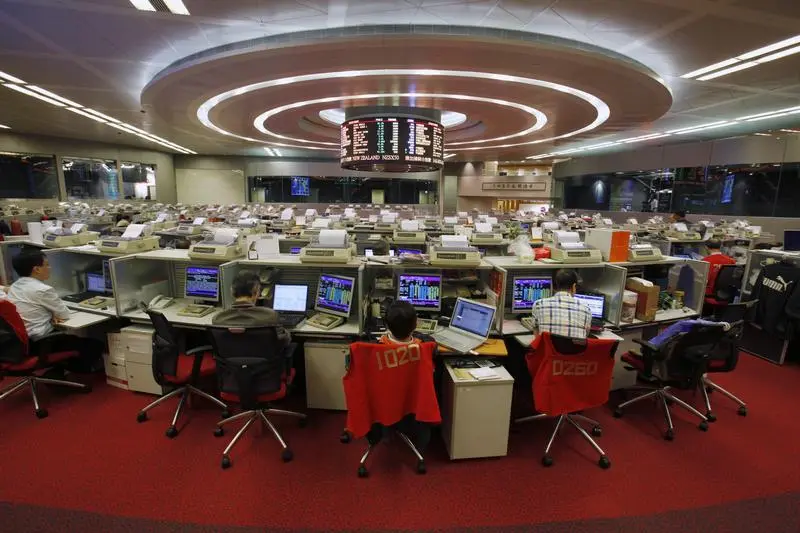PHOTO
(The author is a Reuters Breakingviews columnist. The opinions expressed are her own.)
HONG KONG - Global stock mania has reached Tencent in Hong Kong. A 30% share price surge this year puts the Chinese web giant within reach of a $1 trillion market capitalisation. Euphoria for technology stocks is a factor, but its business strength also justifies optimism.
Since the start of the year, investors have added some $250 billion in market value to the company, worth $949 billion at the last market close. The index heavyweight has not only outperformed local peers but also global large-caps including investor darling Tesla.
On first glance, this looks like part a broader bubble that has added an eye-popping $33 trillion in value to global stocks since their lows last March, according to Reuters. Tencent shares inexplicably rose 11% on Monday, as frenzied buying lifted turnover to HK$35 billion ($4.5 billion) - more than a quarter of the average daily activity in Hong Kong in 2020. Shanghai and Shenzhen investors piled in too via cross-border trading channels, accounting for over a third of trading. Derivatives and options favoured by local retail investors also likely amplified the volatility; shares trimmed as much as 6% on Tuesday morning.
Even so, Tencent looks stronger than ever. Analysts at Citi forecast annual earnings will jump 34% this year to $25.4 billion, partly thanks to its expanding global market share in video games. Other businesses like advertising, music and video-streaming also look promising as Tencent capitalises on a 1-billion plus user base hooked on its ubiquitous super-app WeChat. Moreover, the company's video games look less exposed to Beijing's antitrust crackdown, which has roiled nemesis Alibaba's e-commerce business as well as Ant's financial services app.
Shares of Tencent now fetch an ebullient 39 times forward earnings, Refinitiv shows, far above Alibaba’s 22 times. Tencent bulls are betting on both froth and fundamentals.
CONTEXT NEWS
- Shares of Hong Kong-listed Tencent closed up 11% to HK$766.50 on Jan. 25, compared to the 2.4% gain from the local benchmark Hang Seng Index.
(Editing by Pete Sweeney and Sharon Lam) ((robyn.mak@thomsonreuters.com; Reuters Messaging: robyn.mak.thomsonreuters.com@reuters.net))





















